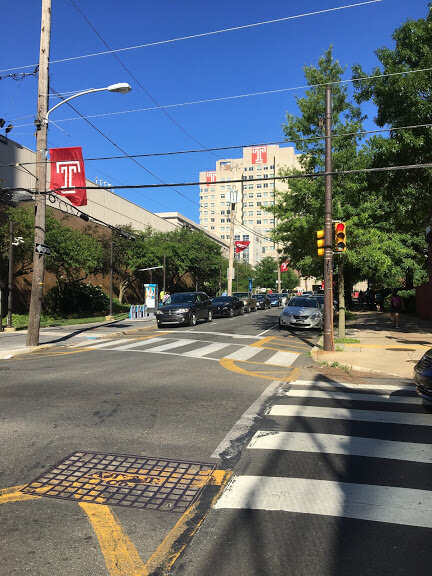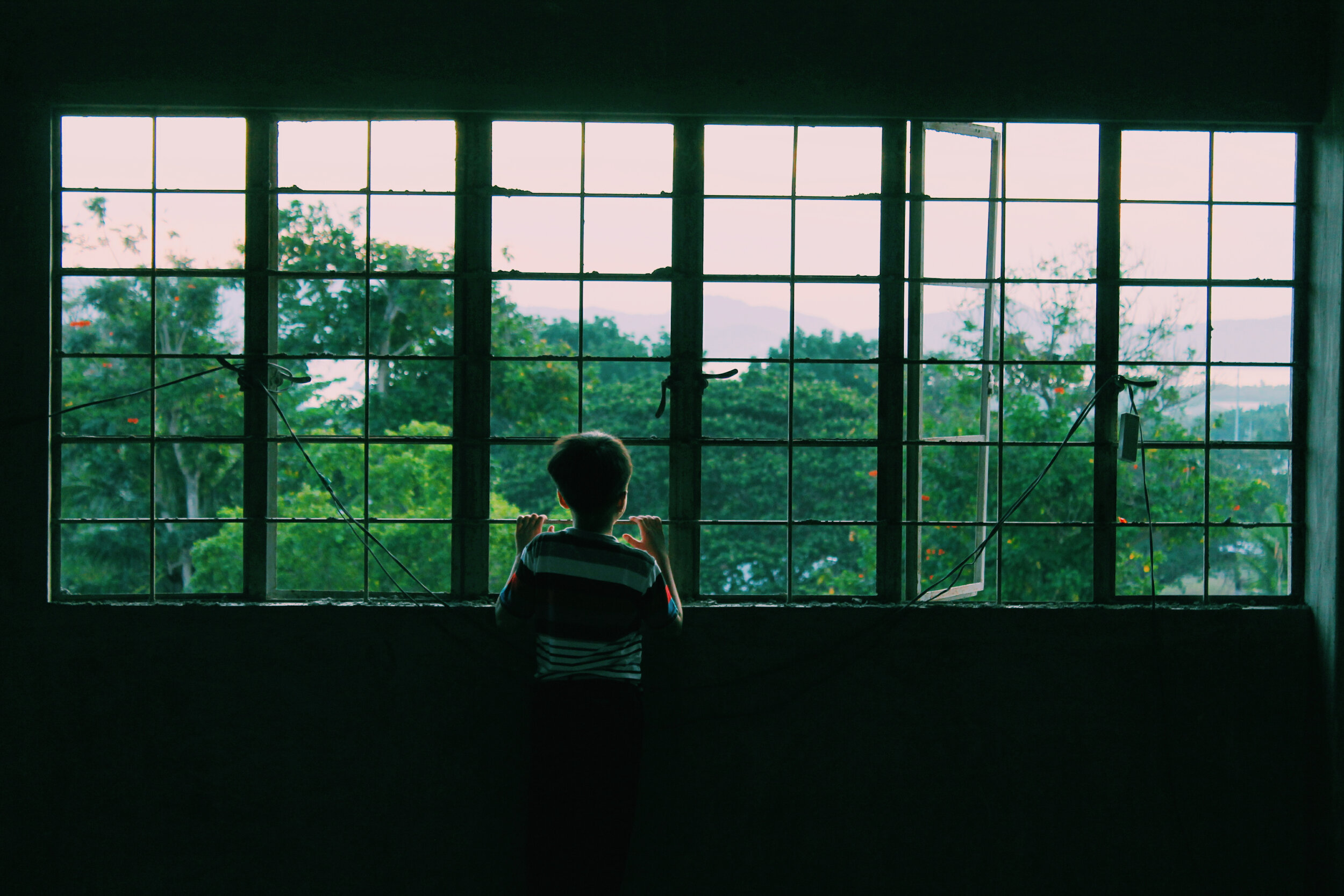My SUSI Experience
Driving into Center City Philadelphia for the first time is a memory I won’t soon forget. It was quite easily the largest, most complicated highway I’d ever driven on. I had a ton of luggage packed for the next few weeks I’d be interning with the Study of the United States Institutes program, and my usual cop-out of taking the train wasn’t an option. Just three years prior I’d had a similar experience starting college in Reading. Although the town lies a mere 30-or-so miles from my hometown, I hadn’t ventured much further than where I resided in ‘Small-Town-USA’.
Let me start by saying that Philadelphia is one of the most culturally rich cities I’ve had the pleasure of visiting. I found it amazing that I was just as captivated by the city as the SUSI Students and Scholars - and I had lived just 45 minutes away for the past twenty-one years! Over the course of the month and a half that I stayed on Temple’s campus, I realized that the city provided so much fertile ground for new experiences and dialogue.
The first day of my internship was the designated day to pick up our SUSI Students from the airport. Knowing I’d have to drive in more uncharted territory, (Side note: I’m sure this is completely casual, everyday driving for 99% of the population) I showed up comically early. Seriously - three hours early. I stopped at a shabby diner and drank cup after cup of coffee, wondering who I would soon meet and get to know. As we shuttled students back and forth from the airport, each arriving on flights from all over the world, every single one seemed endlessly optimistic about the adventure we were about to embark on.
The experiences I had with both the students and scholars are far too many to rattle on about - but I’d like to highlight a core element of all my experiences. As an intern, I was there to help provide an educational and memorable experience. Little did I know that the students and scholars would do the same for me. I engaged in dialogue with incredible minds - both young and senior - from places in the world I would have never imagined I’d have friends. Besides this, I got to experience dialogue in the city of Philadelphia and New York alongside these new friends. With each friendship came new perspectives, new wisdom, and new lessons.
The closing ceremonies for both the students and the scholars were bittersweet. I’ll forever cherish the moment in time that we were all together, living the SUSI experience in the city of brotherly love. To say that SUSI was a transformative experience is barely scratching the surface of the growth I experienced as a staff member during the program. The SUSI program brought together a group of the most brilliant, innovative minds I’ve had the chance to dialogue with. Many of the friends I made gave me beautiful parting gifts and heartfelt letters, all of which are proudly displayed on a shelf in my room to remind me of my surreal summer in Philadelphia.
We live in a world where bad news is a constant, still, I can’t help but be optimistic. Those brilliant minds that lived the SUSI experience have now returned home to be leaders in their respective countries, and I can’t wait to see the ways they change the world.
The Importance of Interpreting Worldviews
4/15/2020
By Sayge Martin
The first time I read The Spirit Catches You and You Fall Down by Anne Fadiman was the first time I felt utterly challenged by another worldview. The story revolves around Lia Lee, a Hmong child suffering from epilepsy and struggling to obtain proper care from a healthcare system lacking skill in cross-cultural communication.
Originally from Laos, the Lees moved to Merced, California in the 1980s. Their daughter, Lia, was diagnosed with a severe form of epilepsy named Lennox-Gastaut Syndrome. They faced many hurdles while attempting to get treatment for Lia, mainly the lack of proper translators coupled with the fact that their Hmong beliefs clashed with the method of treatment used for epilepsy in the United States. Fadiman maintains a distinct dichotomy between Hmong spirituality and the Western doctor’s science to emphasize the refusal of both parties to step outside their deeply entrenched belief systems. Because doctors couldn’t effectively communicate with the Lees and didn’t attempt to empathize with their traditional Hmong beliefs, there were miscommunications about medical dosages as well as refusal from the parents to give certain medications due to mistrust. Lia's condition worsened. At four years old, Lia suffered a seizure that left her in a persistent vegetative state for 26 years.
Ultimately, the book encourages widescale education initiatives for healthcare workers as well as additional support from outside resources to raise awareness about nuances in treatment based on cultural differences. Through cooperation and compassion, a standard of care can be upheld that prioritizes respect for both patient and practitioner.
In light of the global pandemic, I find myself thinking of the book often. How many people are experiencing religious and cultural barriers in the healthcare system today? And how many healthcare workers are trying to bridge these gaps, but lack assistance in the form of translators and cultural mediators?
When proper support is in place, dialogue can occur that highlights the scientific recommendations of a doctor while taking into consideration the personal beliefs of a patient. Individualized care can be administered in a way that minimizes miscommunication and offers alternatives when applicable. Dialogue is a central aspect of daily life and proves to be a skill necessary for everyone. Dialogue skills in healthcare, specifically, are essential to prescribing a successful method of treatment.
As with any blog post, article or written piece, I encourage readers to reflect on the topics presented. The book referenced is 'The Spirit Catches You and You Fall Down: A Hmong Child, Her American Doctors, and the Collision of Two Cultures' by Anne Fadiman, 1997 - A great read if you’re looking to learn more about the story in the post.






